-
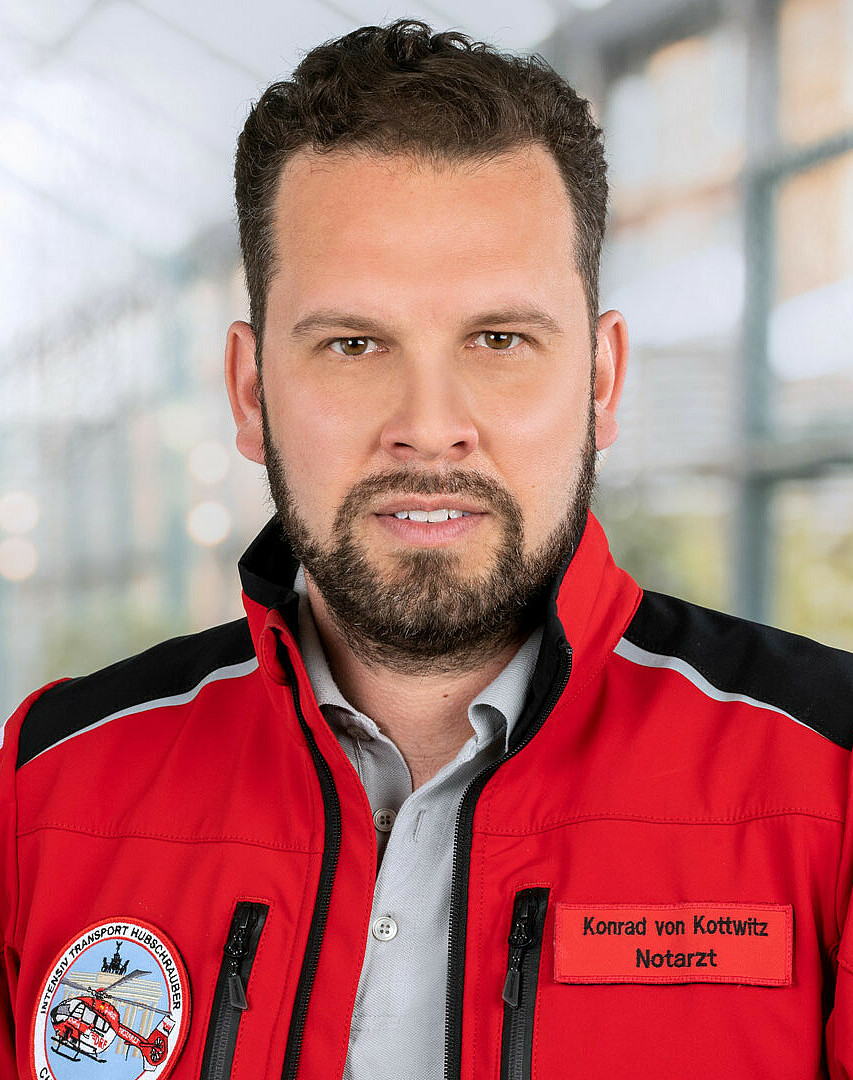
© Dorothea Scheurlen DGPh, ukb
30.08.2023Konrad von Kottwitz, BG Klinikum Unfallkrankenhaus Berlin
Konrad von Kottwitz’s everyday work is characterised by the struggle for life and death. The Brain City Ambassador works as a Senior physician for trauma surgery and orthopaedics at the Unfallkrankenhaus Berlin (Accident Hospital Berlin). In his research, he deals with the digitalisation of interfaces in emergency care – in order to shape the transition in healthcare actively.
Emergency medicine – life at the limit. “Emergencies often come out of the blue, many people affected are also emotionally overwhelmed in such exceptional situations. Our activity therefore requires a professional approach with the need for quick decisions,” says Konrad von Kottwitz. Born in Berlin, he is Head of emergency services at the Unfallkrankenhaus Berlin. A tough job, because emergency doctors always work against time and are often exposed to extreme situations at their work locations. “A life without filters, here the job must also be a vocation,” says the Brain City Ambassador. But this life has many positive things to offer: “Assisting people in their very special, exceptional situations, including unconventional therapeutic approaches in decision-making – this is what you experience gratitude and appreciation for as an emergency doctor. And in the end, for many, that is the real reward of our work.”
The profession requires a broad knowledge that has to keep pace with the related disciplines. “Emergency doctors are all-rounders,” says Konrad von Kottwitz: “They have to cover the entire medical spectrum across all specialist areas and age groups without losing touch with further developments in the respective areas. This applies, for example, to the transfer of intensive care patients who are connected to a cardiopulmonary support system.”
Konrad von Kottwitz remained loyal to Brain City Berlin after studying medicine at the Charité - Universitätsmedizin Berlin for good reason: “Berlin is now at the forefront of emergency medical care. Even if not everything is perfect due to the size of the Berlin-Brandenburg metropolitan region, we are observing an increasing willingness to innovate from everyone involved. Pragmatic approaches are being developed into standards through model projects and ultimately applied nationwide.”
Berlin is now at the forefront of emergency medical care. Pragmatic approaches are being developed into standards through model projects and are applied nationwide.
“Standing still means going backwards,” is the motto of the former competitive athlete, who became multiple German champion and even world champions as a rower. The Berlin-Brandenburg metropolitan region also offers Konrad von Kottwitz ideal conditions for making further progress scientifically: due to its proximity to renowned research institutions, but also to political decision-makers and a prosperous start-up scene in the health sector. He and his team are particularly interested in actively shaping the current changes in the health system through practice-oriented research.
“We currently see the greatest potential in the digitalisation and harmonisation of interfaces across all sectors of our health system: from emergency to acute treatment in the emergency department and inpatient care to further outpatient treatment. But the data flow at the interfaces is unfortunately still characterised by communication breaks and loss of information. This leads to increased documentation effort despite the shortage of personnel and resources. Time that we could use more meaningfully,” says Konrad von Kottwitz.
There has been a significant increase in deployments in recent years, making support through digital solutions all the more important. However, previous concepts have demonstrably failed to deliver on their promises and have ultimately resulted in further work intensification. “The health system will therefore not be able to avoid placing greater emphasis on emergency medicine,” sums up the Brain City Ambassador.
Konrad von Kottwitz recommends that young scientists interested in emergency medicine should not hesitate too long, rather they should act: “With the nation’s largest and now most innovative emergency service, Berlin offers countless opportunities that are waiting to be academically supported, recognised in medical standards and put into practice. Time is now, be part of it!“ (vdo)
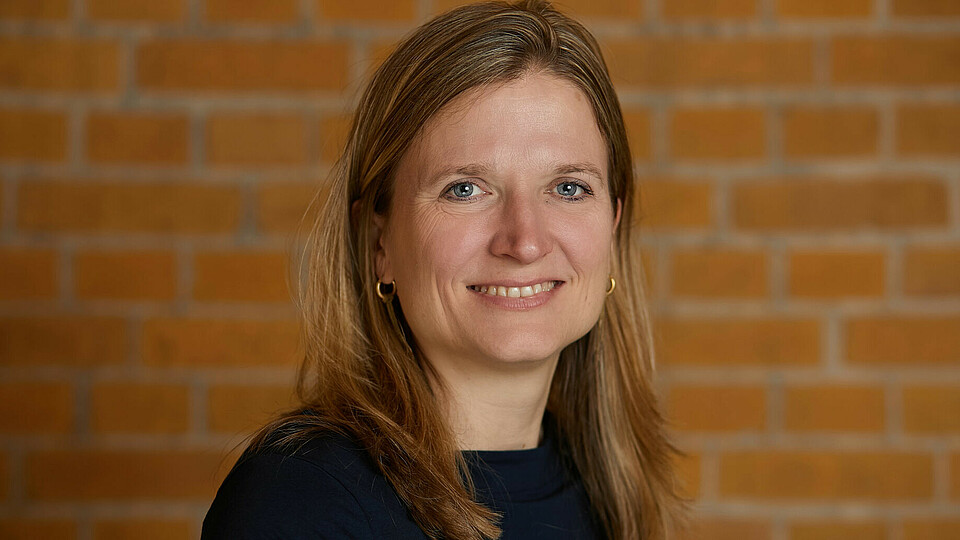
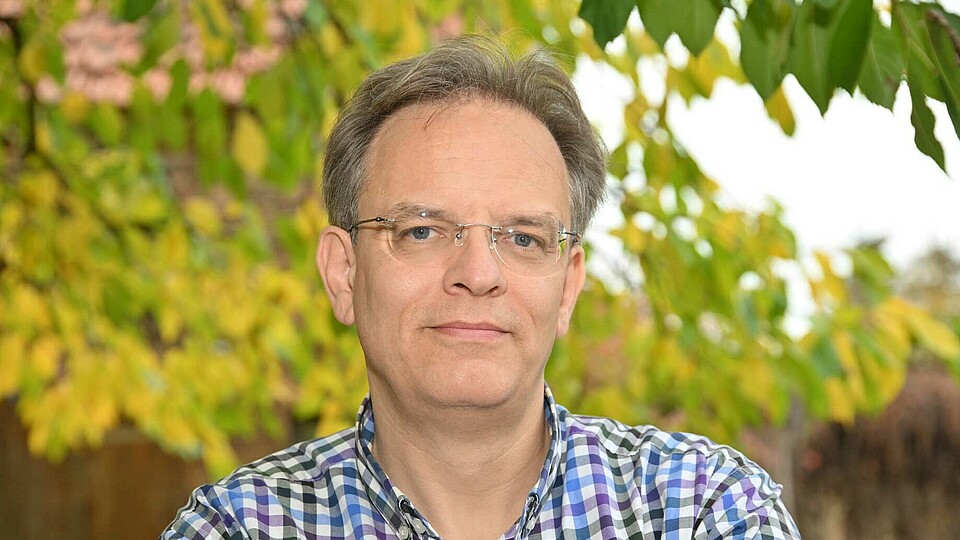
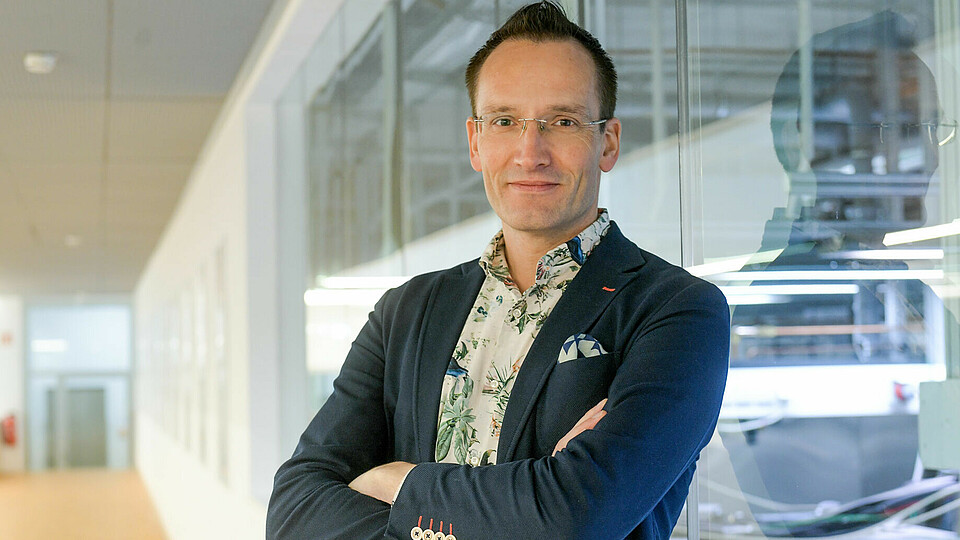
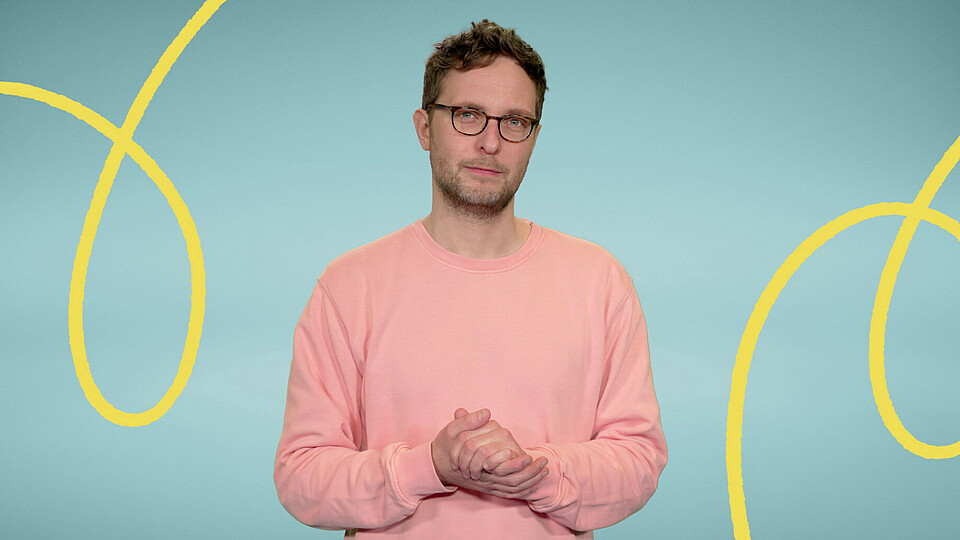
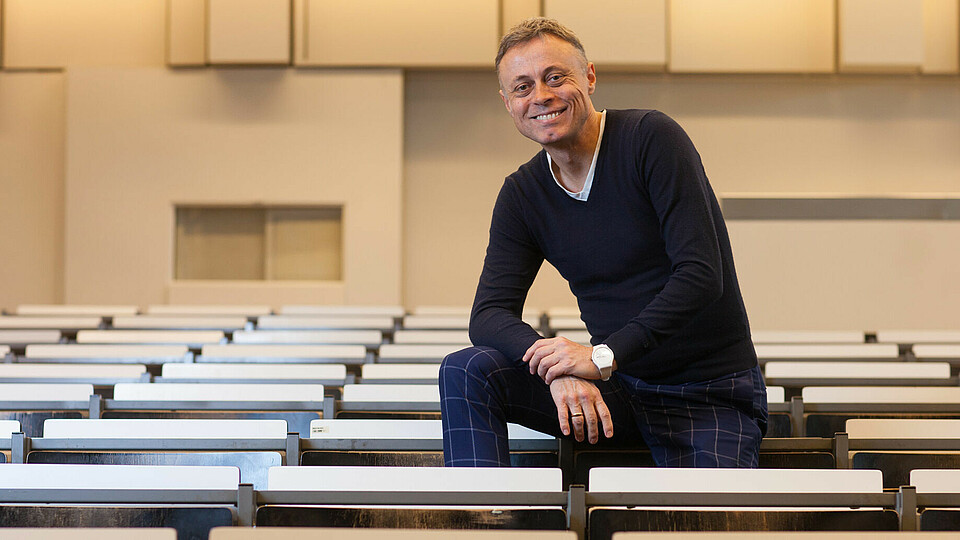
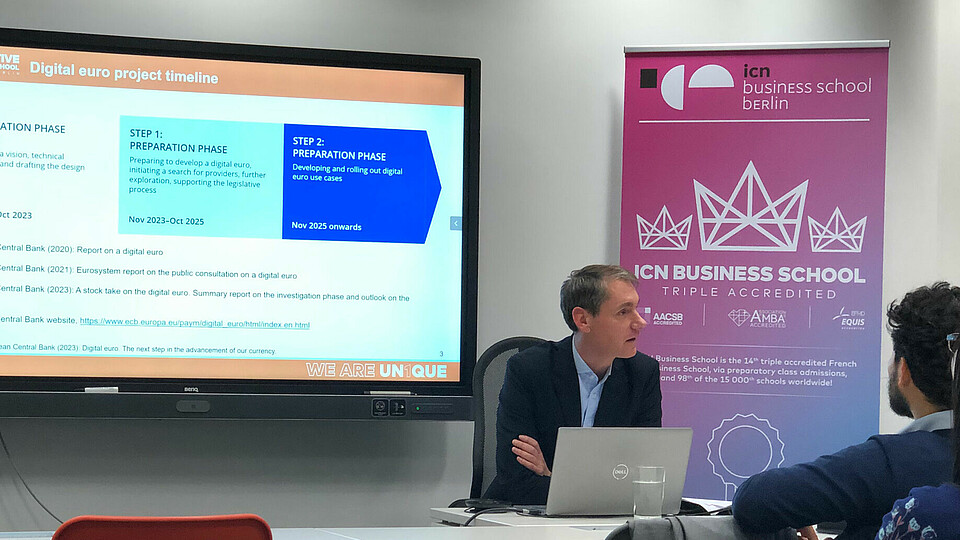
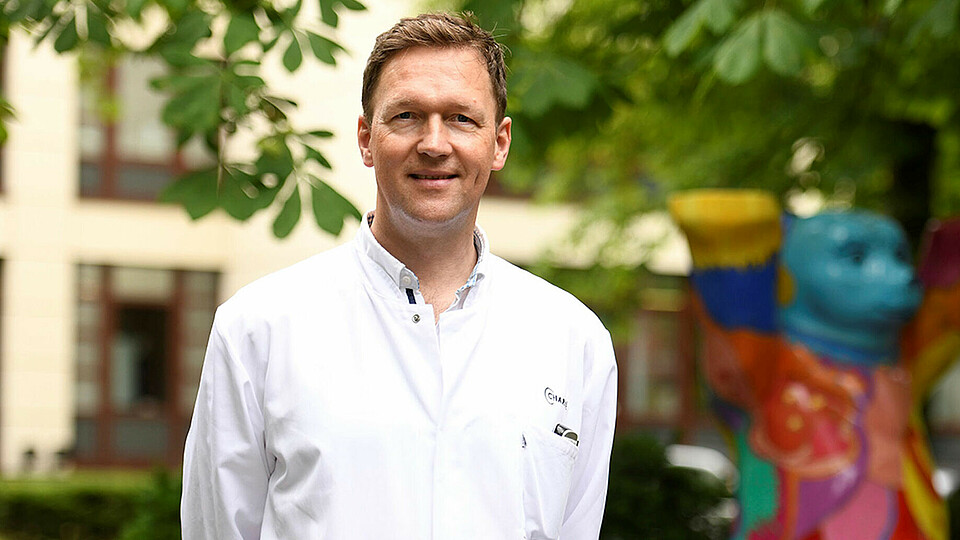
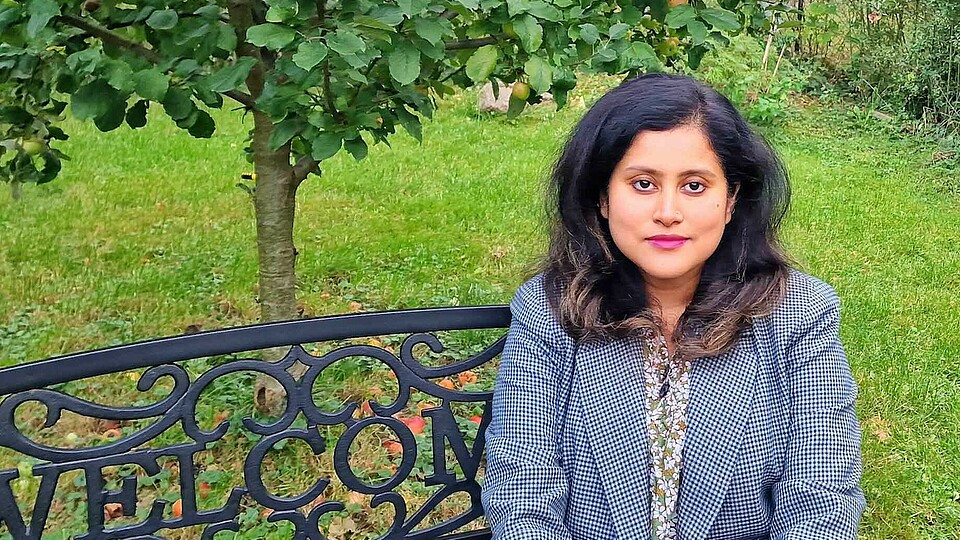
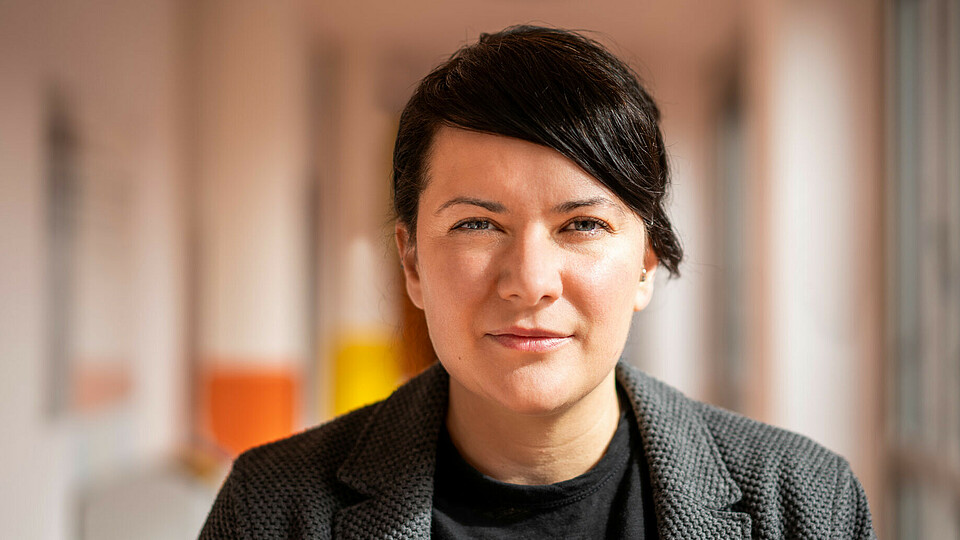
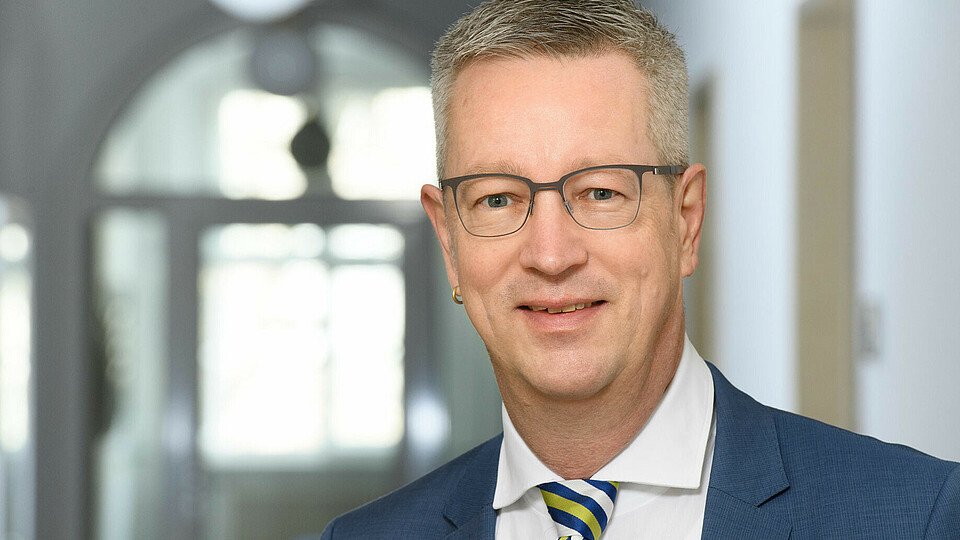
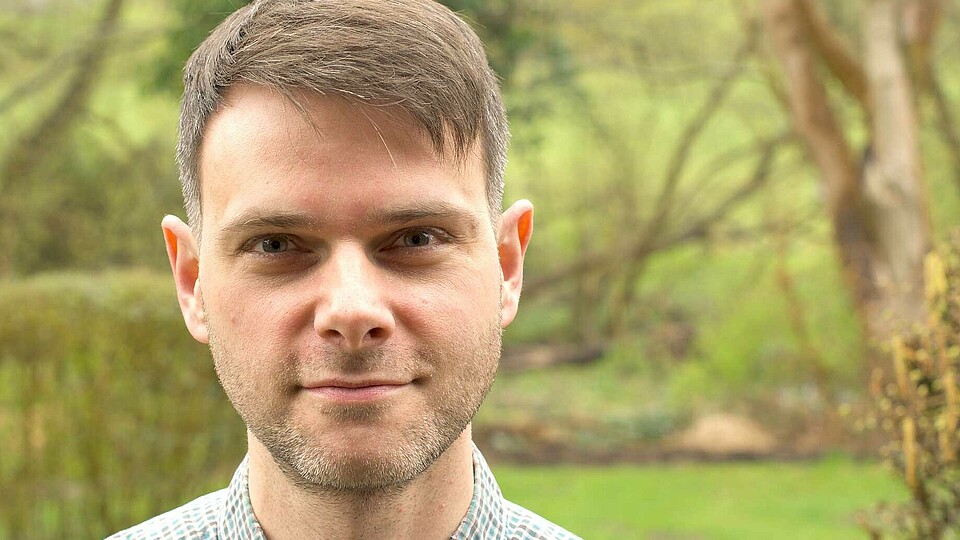
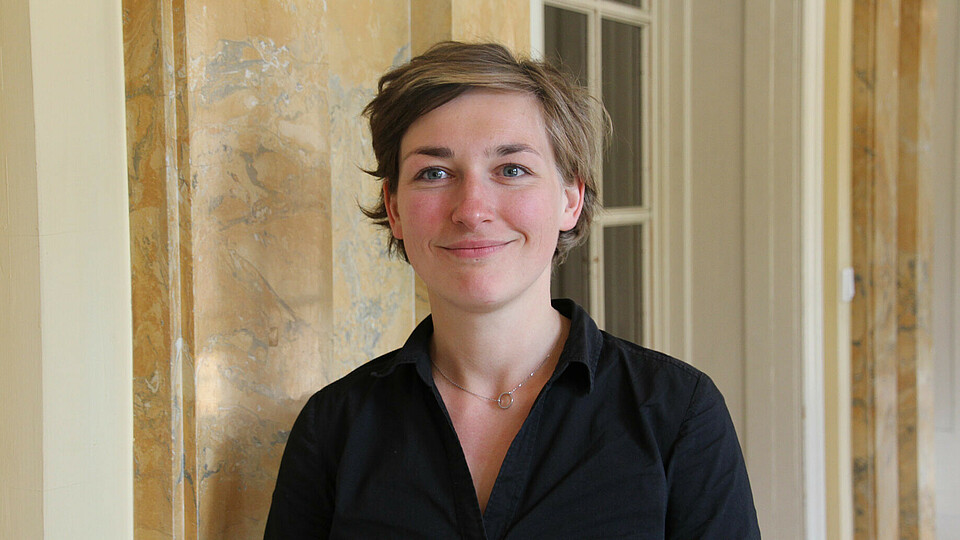
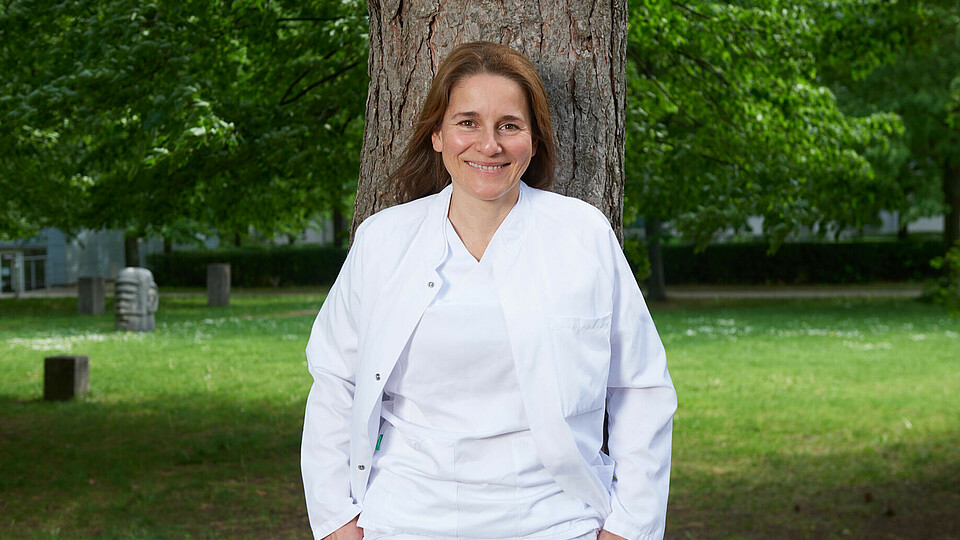
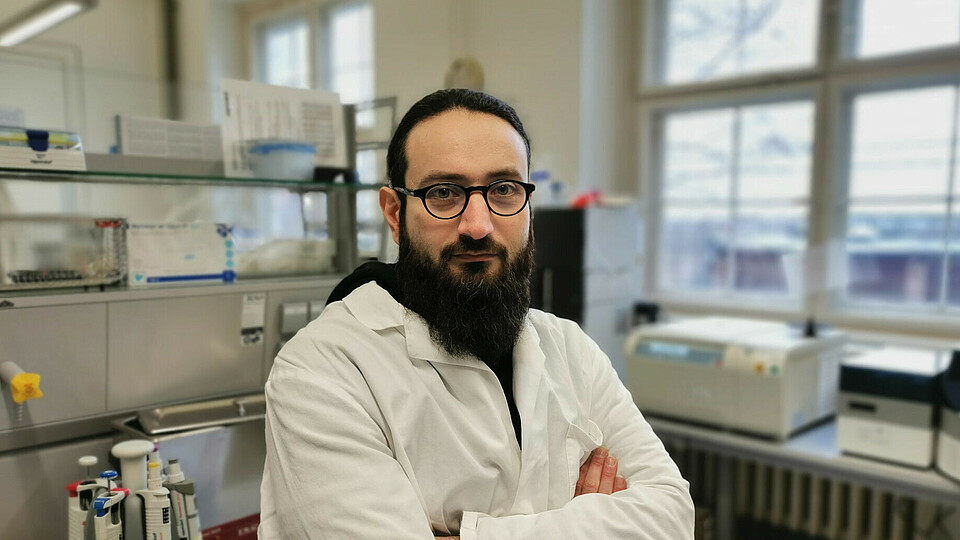
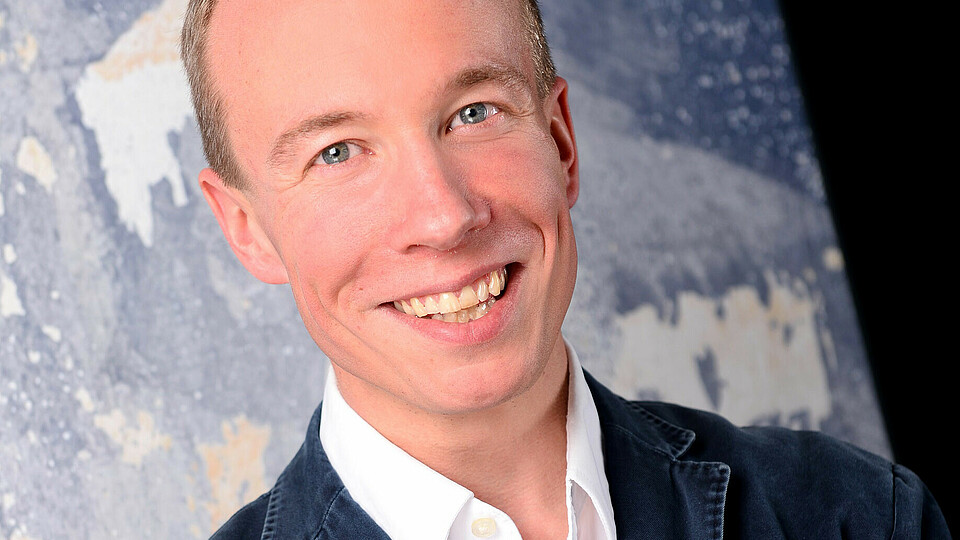
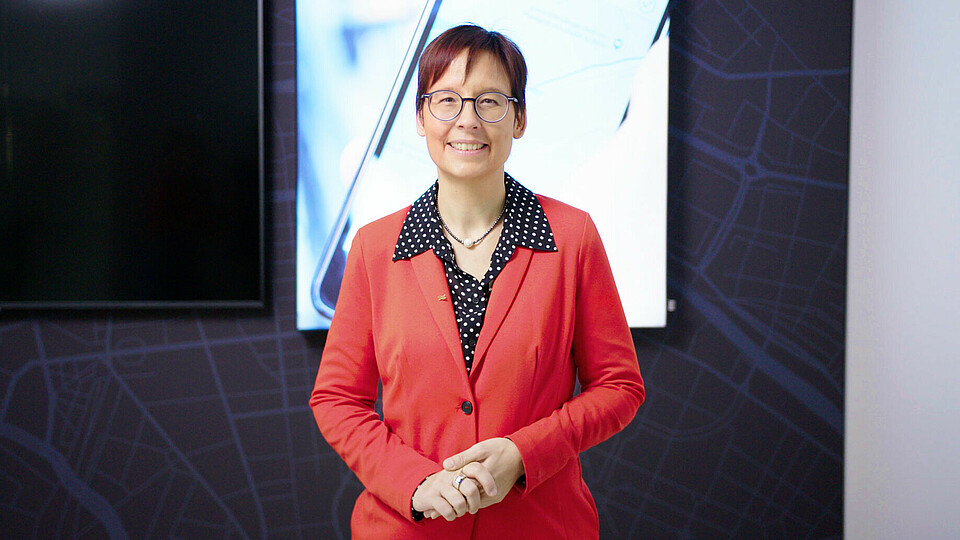
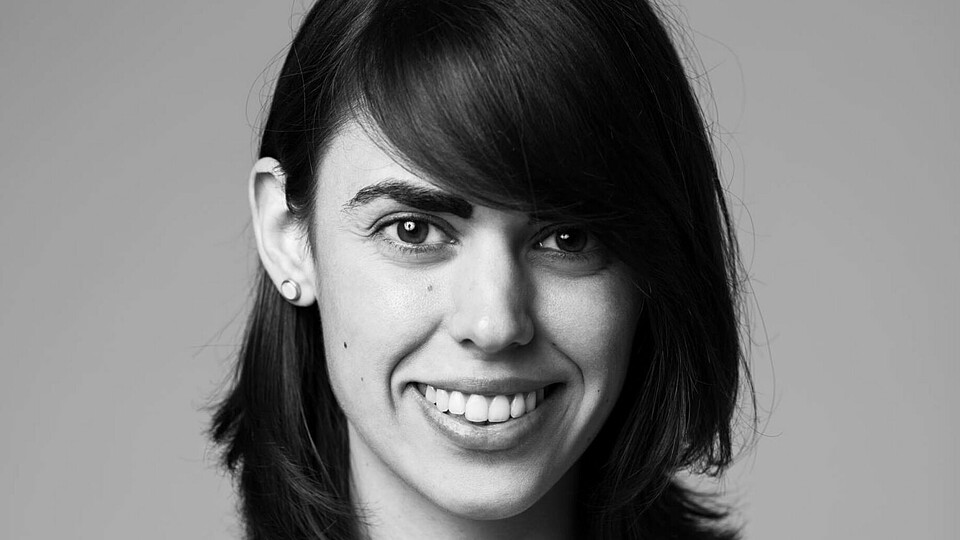
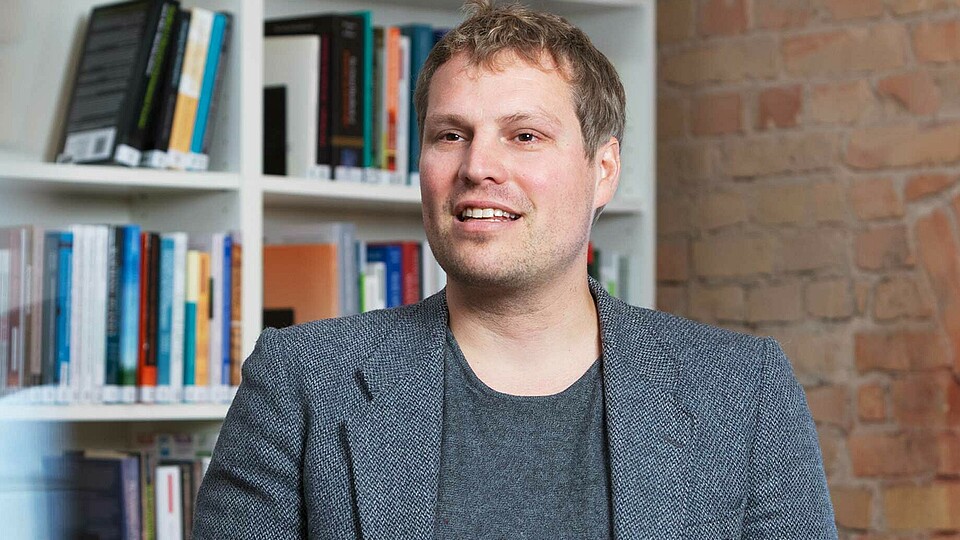
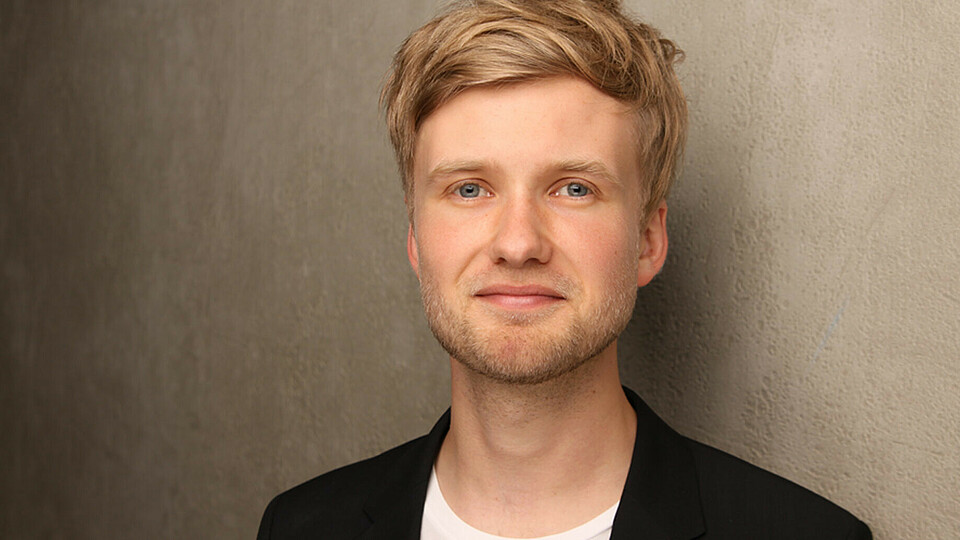
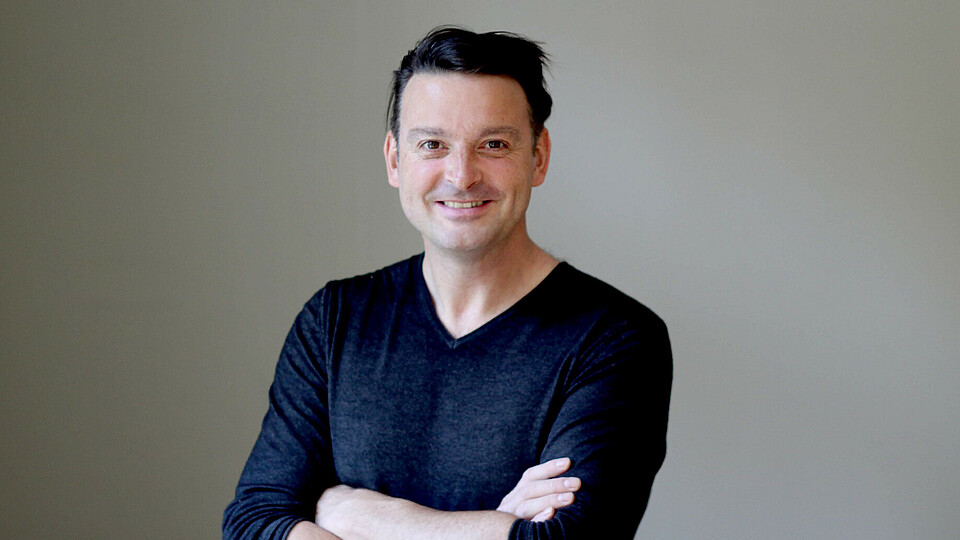
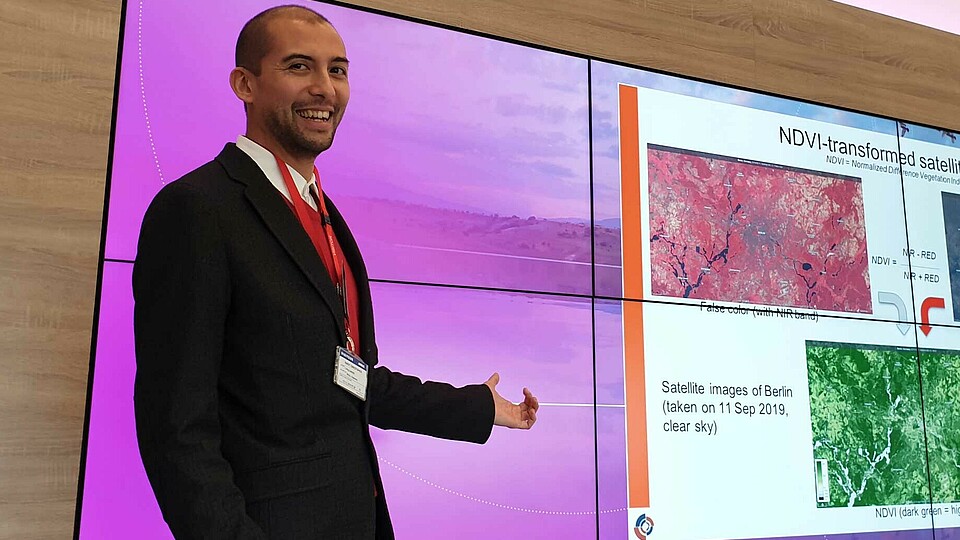
![[Translate to English:] [Translate to English:]](/fileadmin/_processed_/b/c/csm_Lang_Berlin-Partner_Philipp-Jester_683x384_31db623bc3.jpg)